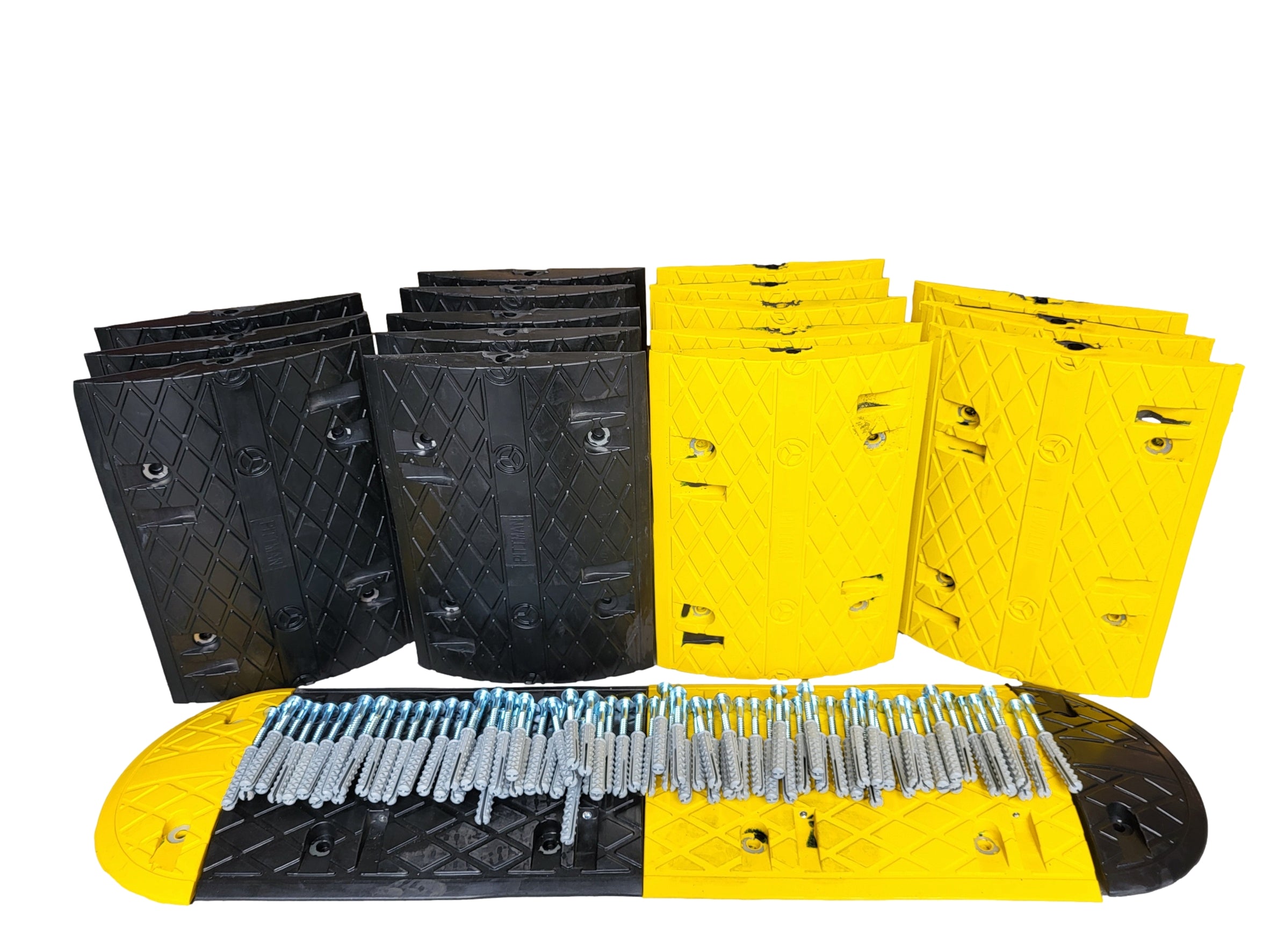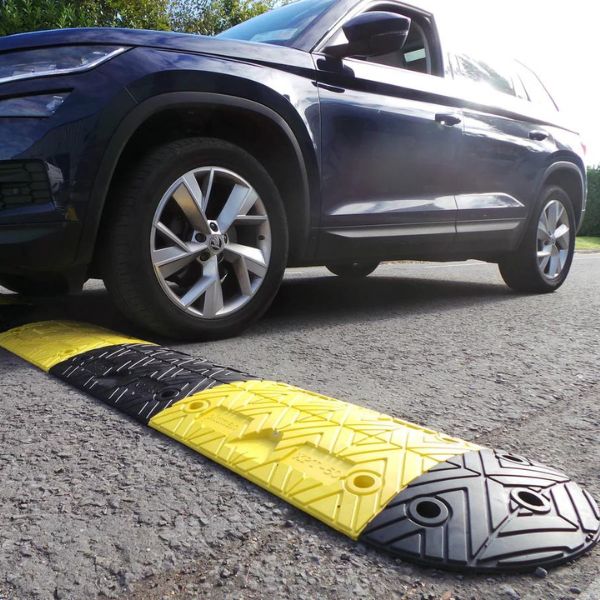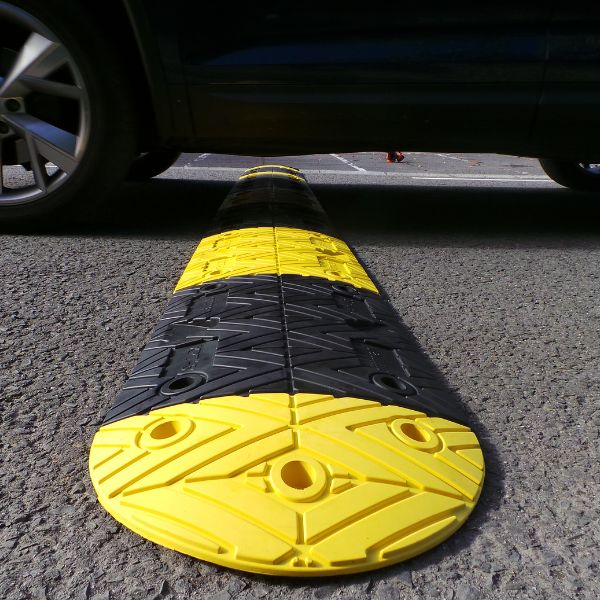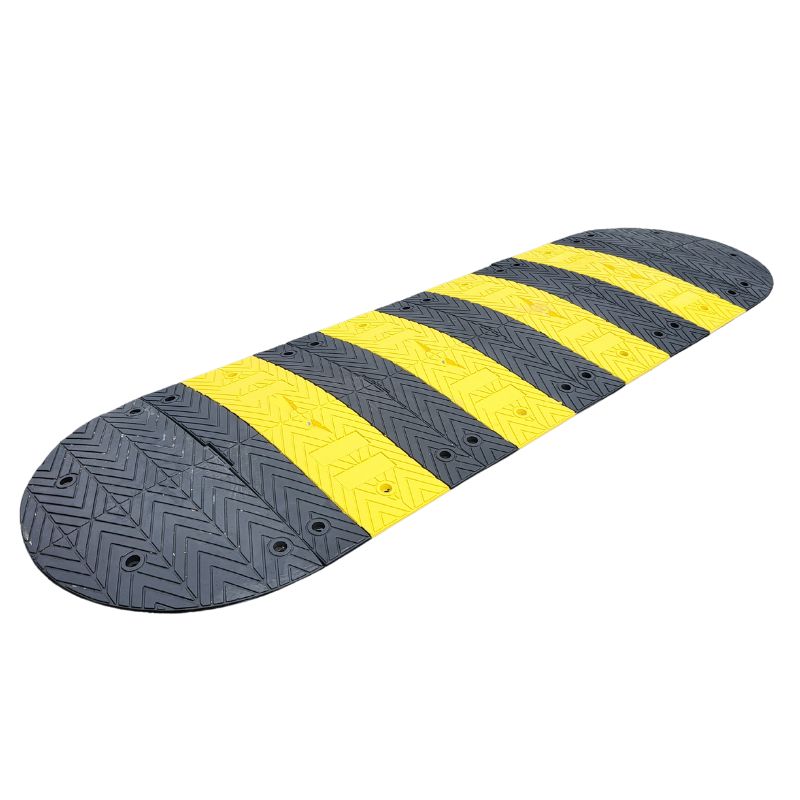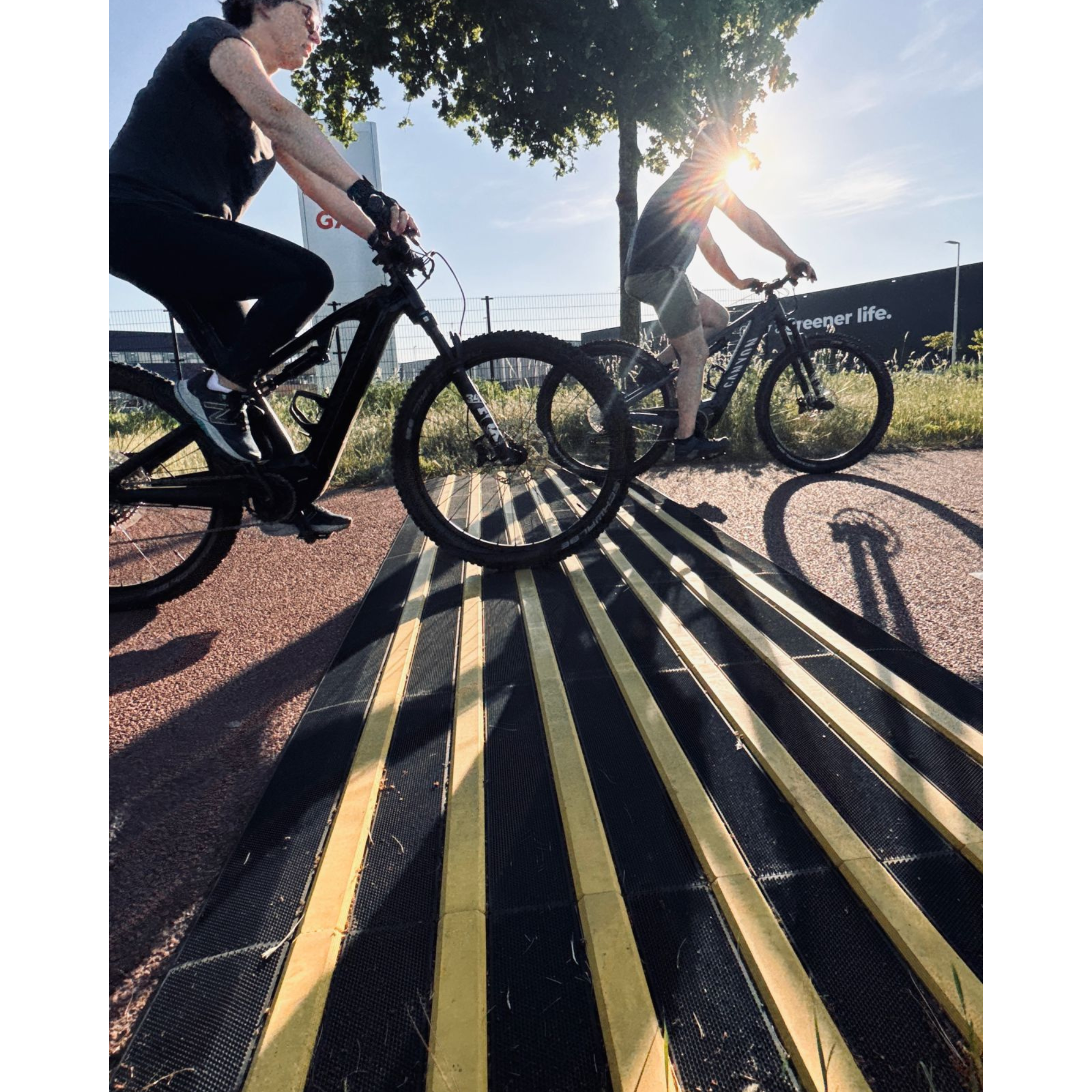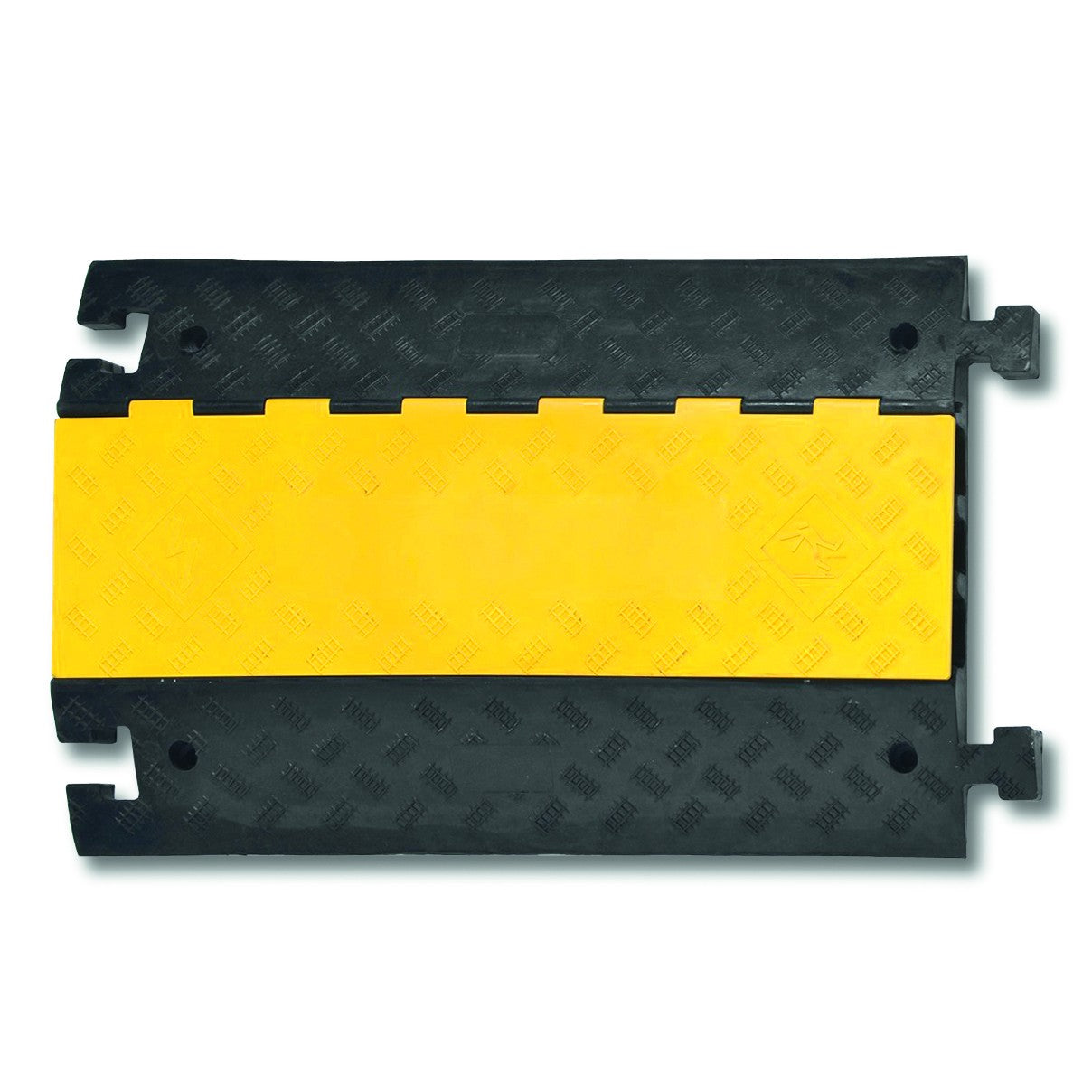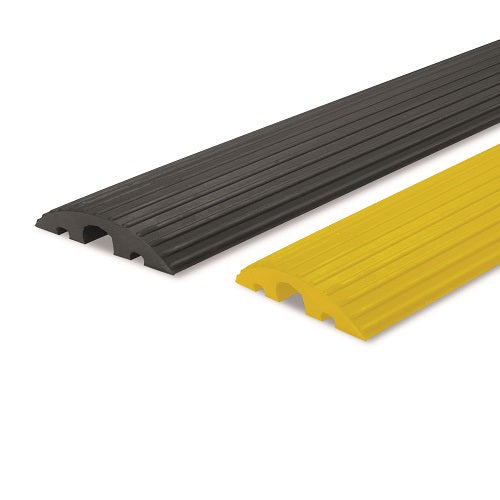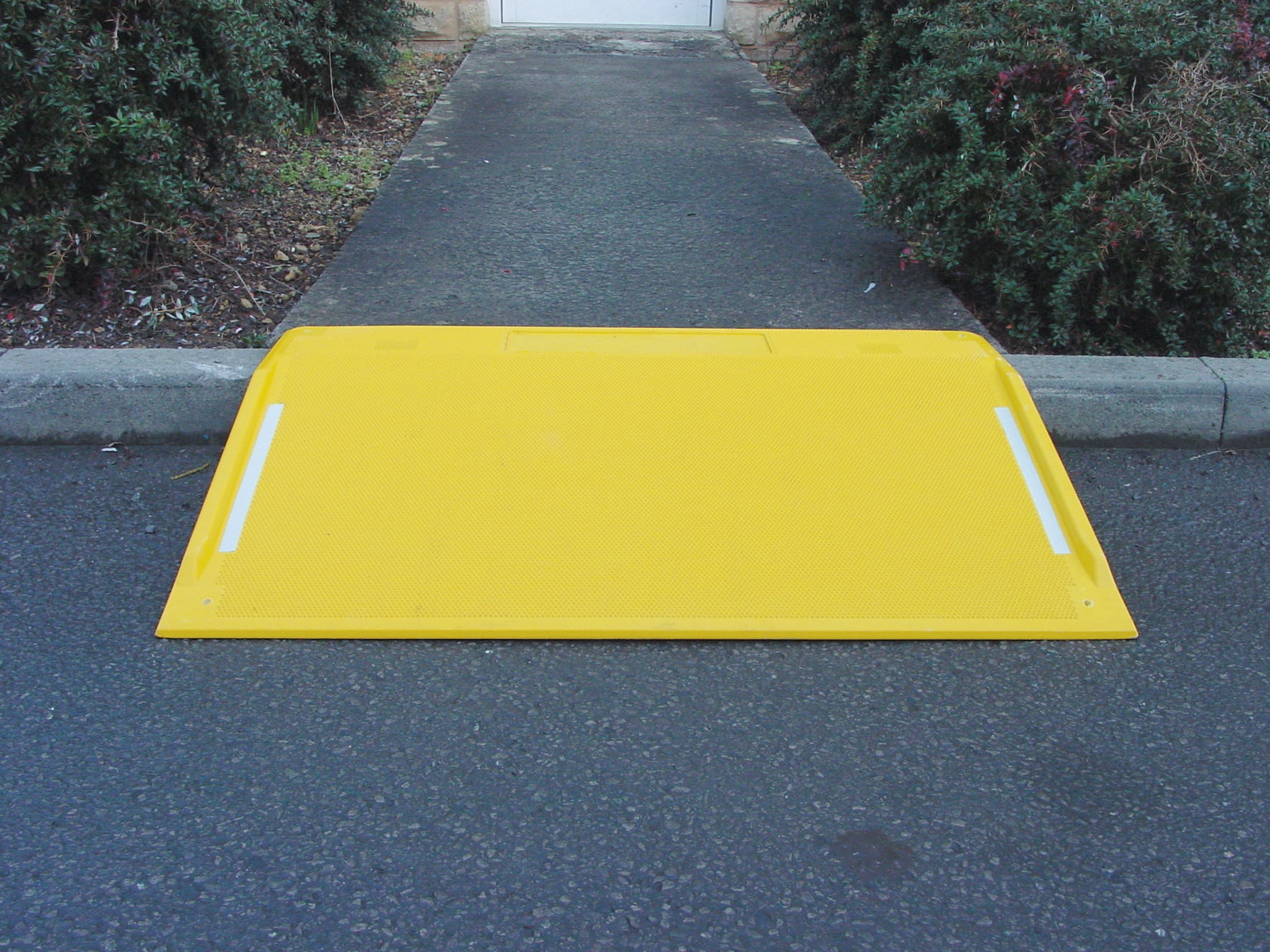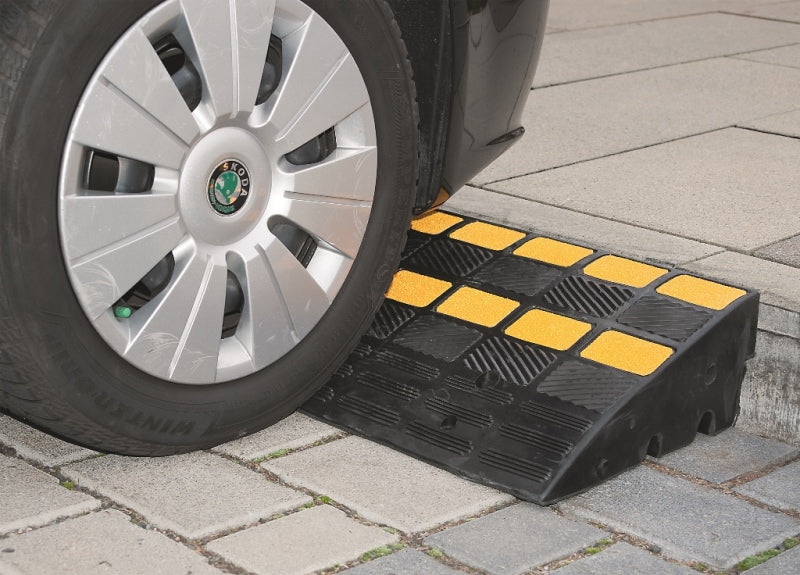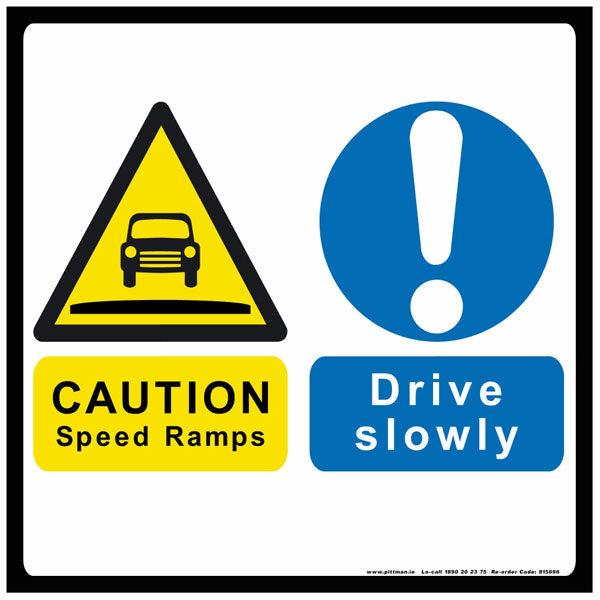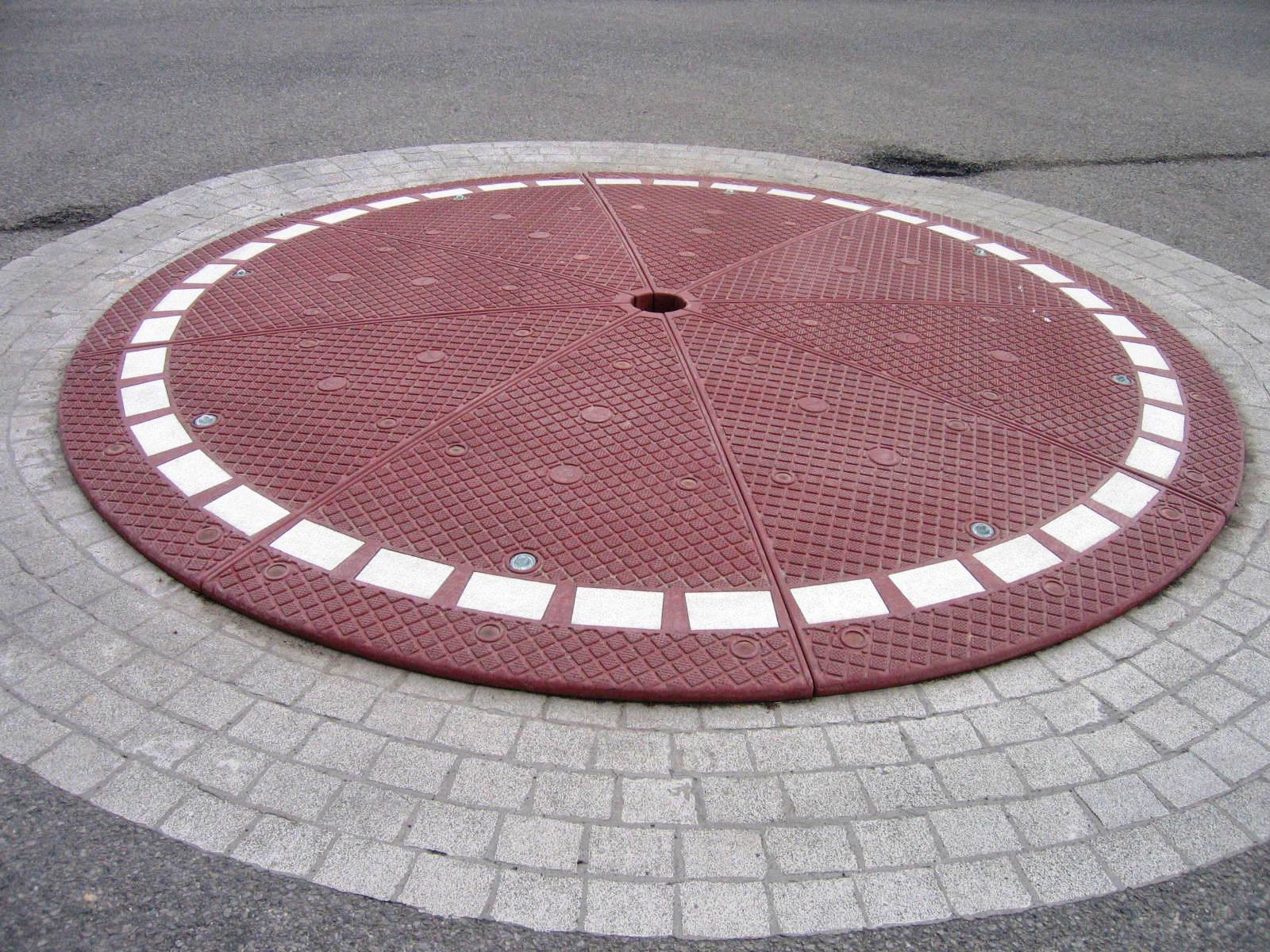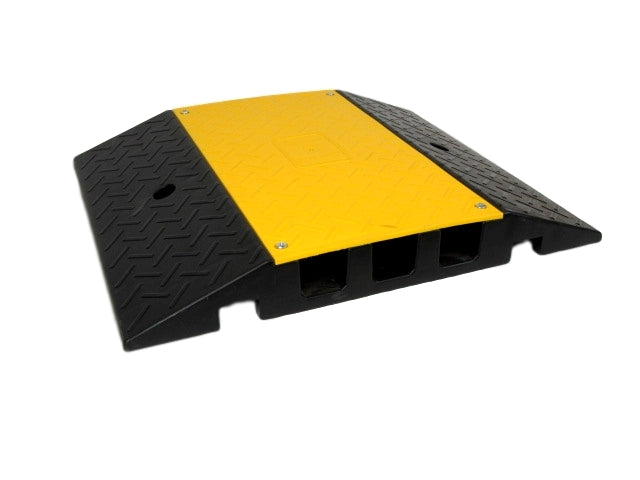Speed Bumps
A full range of modular speed bumps designed to reduce vehicle speeds and enhance safety in car parks, workplaces and on roadways.
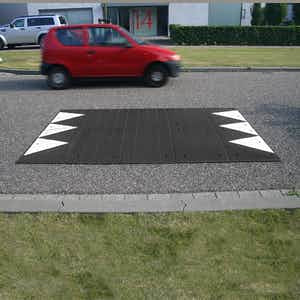
XPT - Berlin Speed Cushion
Sale priceFrom €1,015.00ex VAT
4-Piece Kit for Quick Install in 2-3 Hours
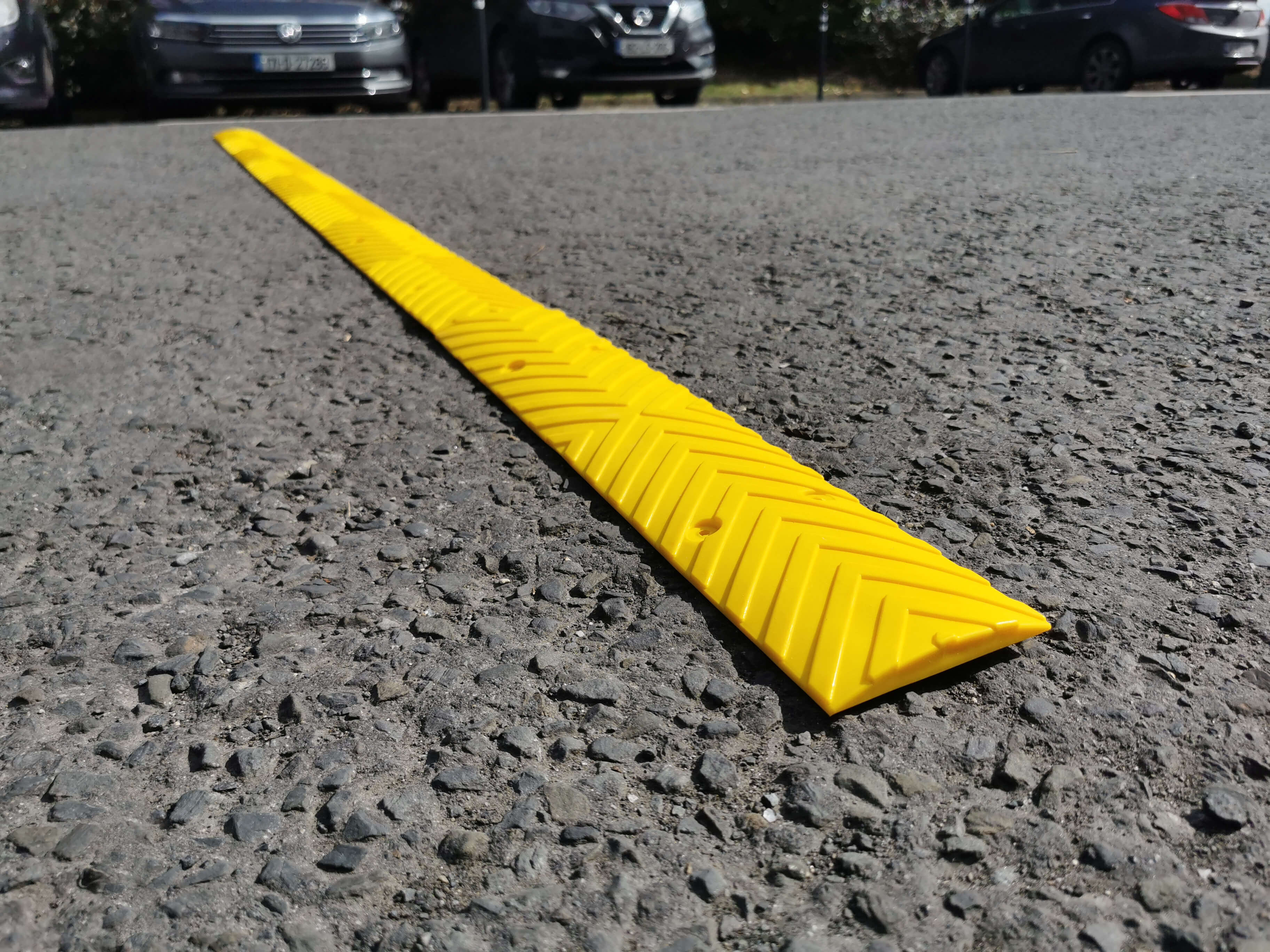
Plastic Safety Rumble Strip Yellow
Sale price€58.00ex VAT
Versatile PU Strips for Light-Duty Traffic Calming
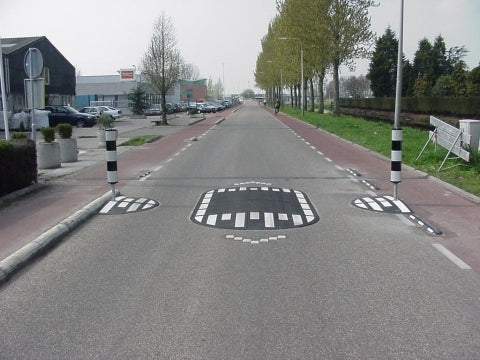
XPT London Speed Cushion System
Sale price€0.00ex VAT
100% Recycled Rubber with High Sound and Vibration Absorption
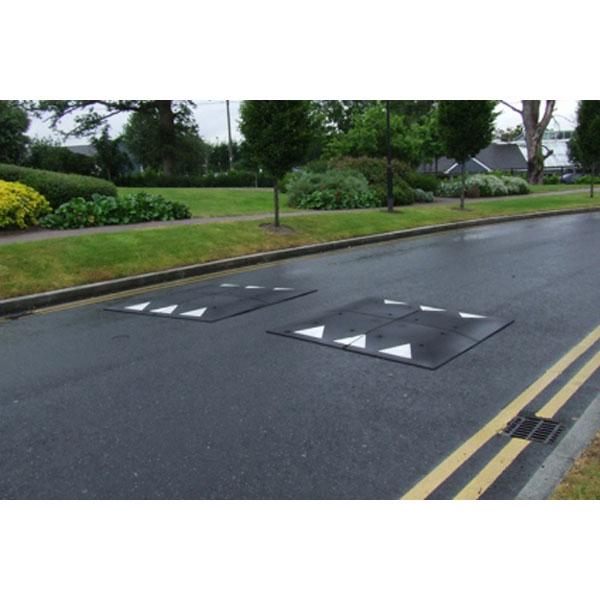
Complete Speed Cushion Kit 1800 x 2000mm
Sale price€1,235.00ex VAT
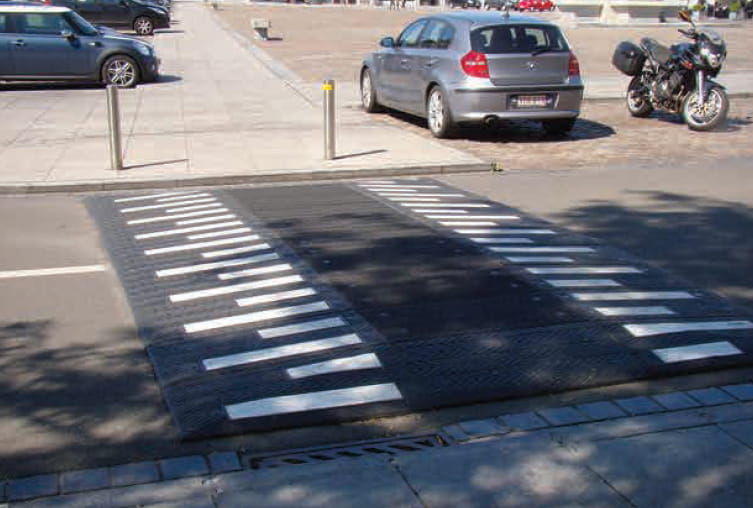
XPT® Modular Speed Table System
Sale price€0.00ex VAT
Slows Urban Traffic to 30km/h - 100% Recycled Rubber
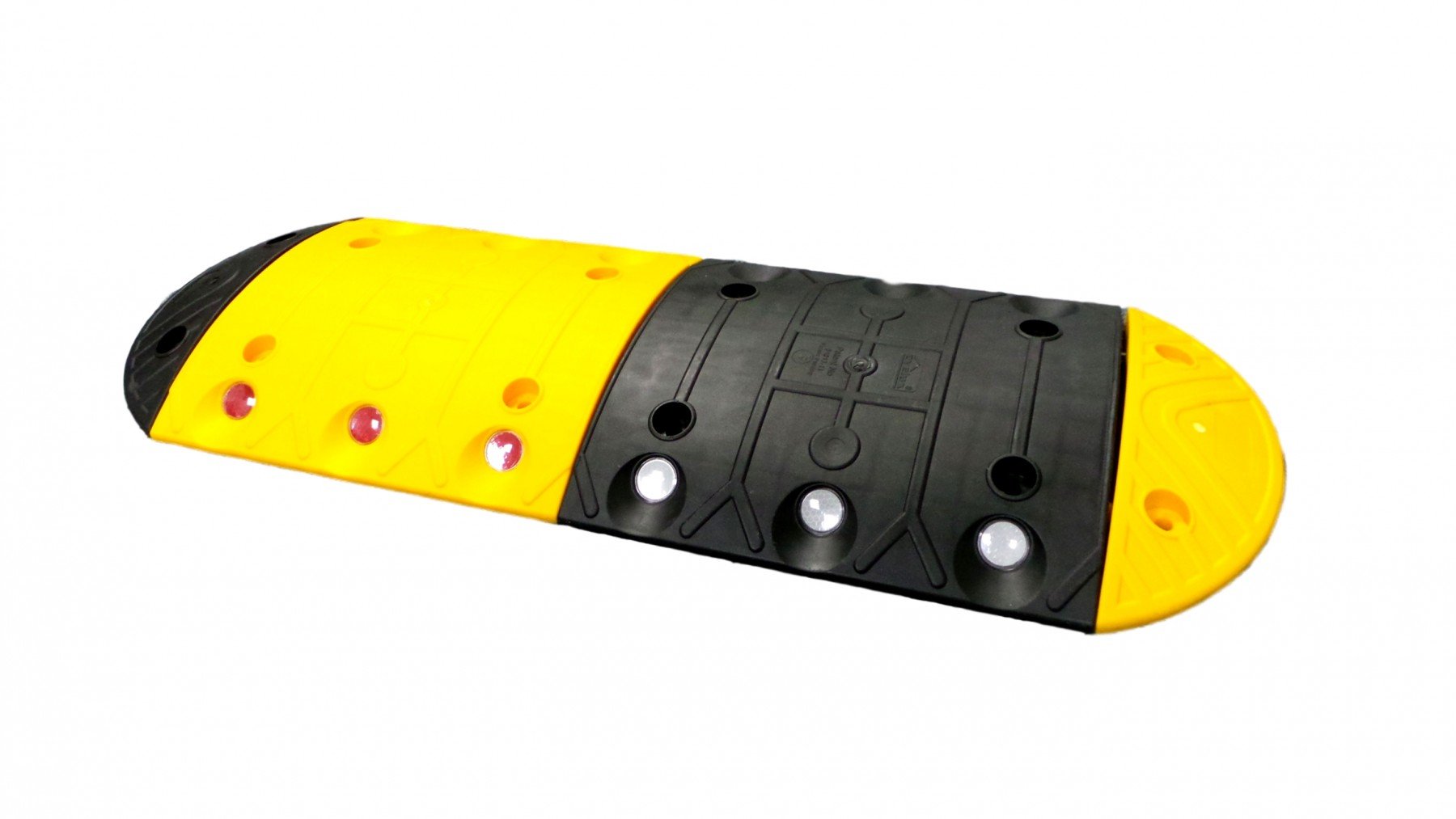
Tiger Speed Bump Complete Kit - 40mm
Sale priceFrom €175.00ex VAT
6 Reflectors per Section for Ultimate Visibility
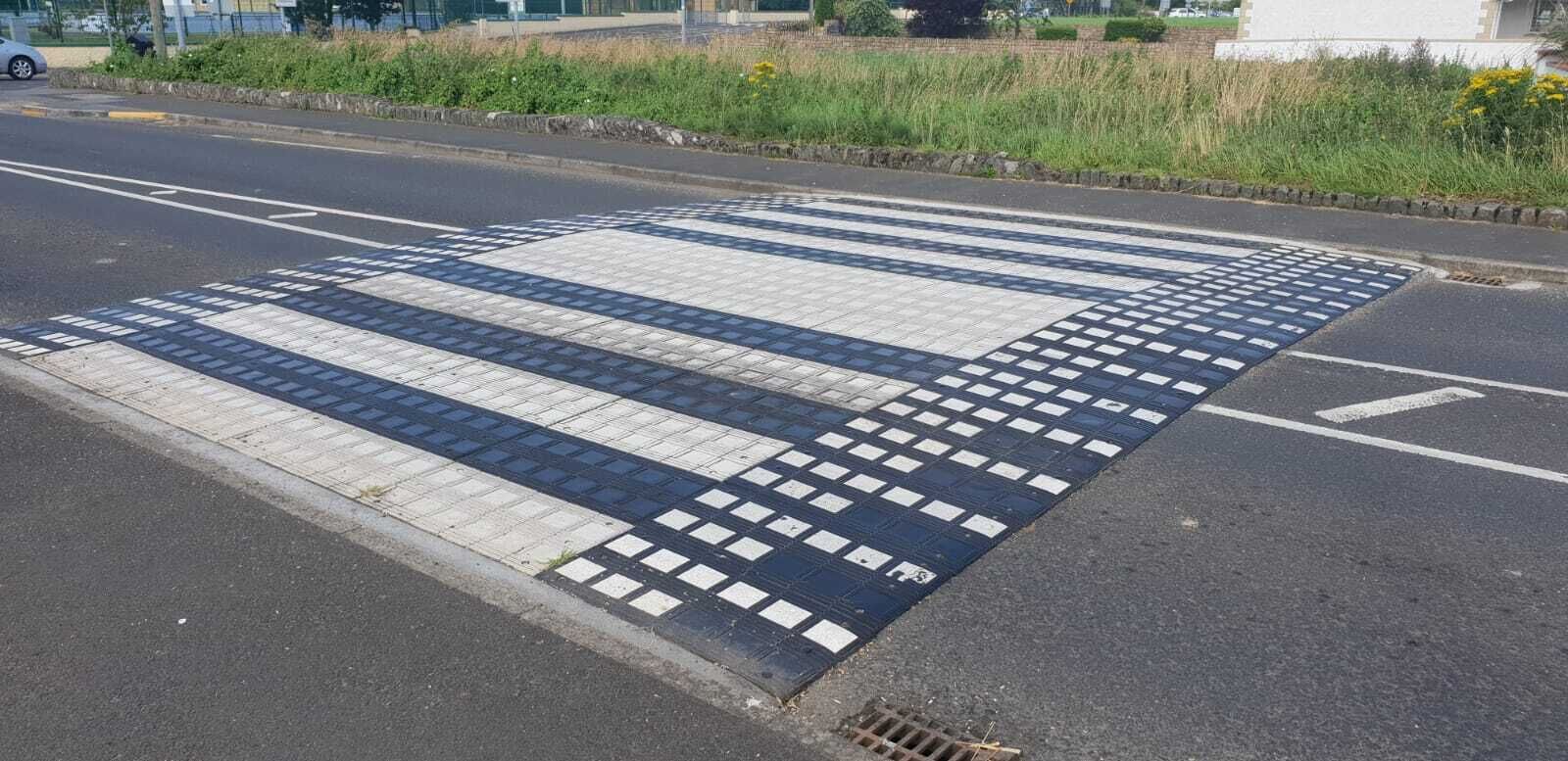
XPT - Modular Rubber Pedestrian Crossing Speed Table
Sale price€9,999.00ex VAT
100% Pure Vulcanised Rubber Pedestrian Crossing
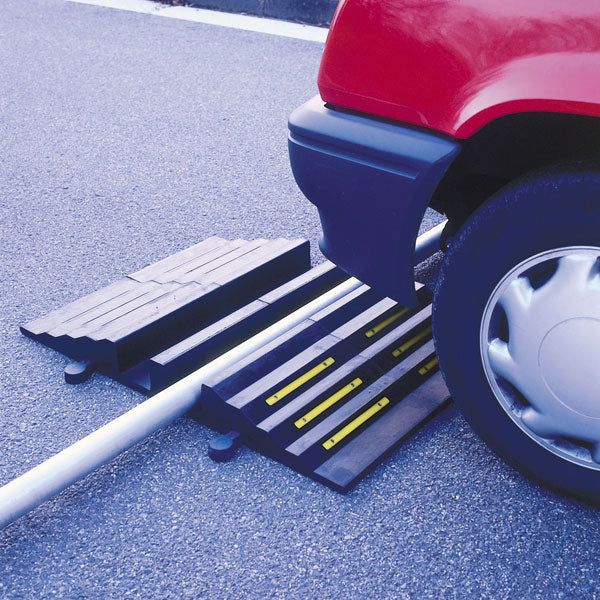
HR3 Fire Hose Protection Ramps
Sale price€107.68ex VAT
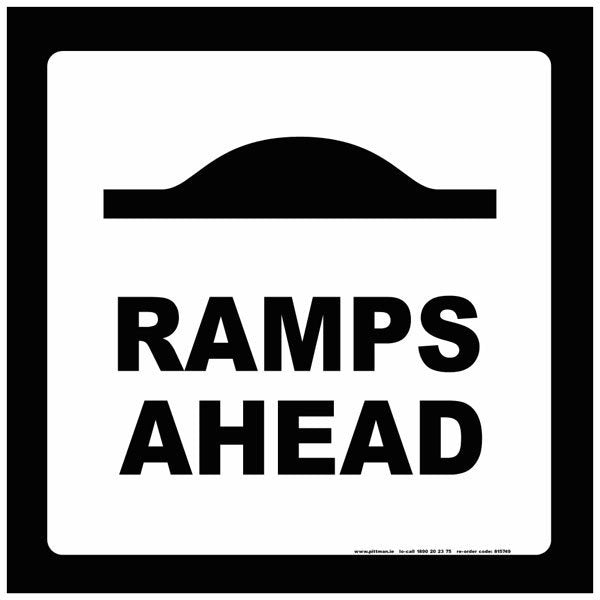
Ramps Ahead Black / White Safety Sign
Sale priceFrom €35.00ex VAT
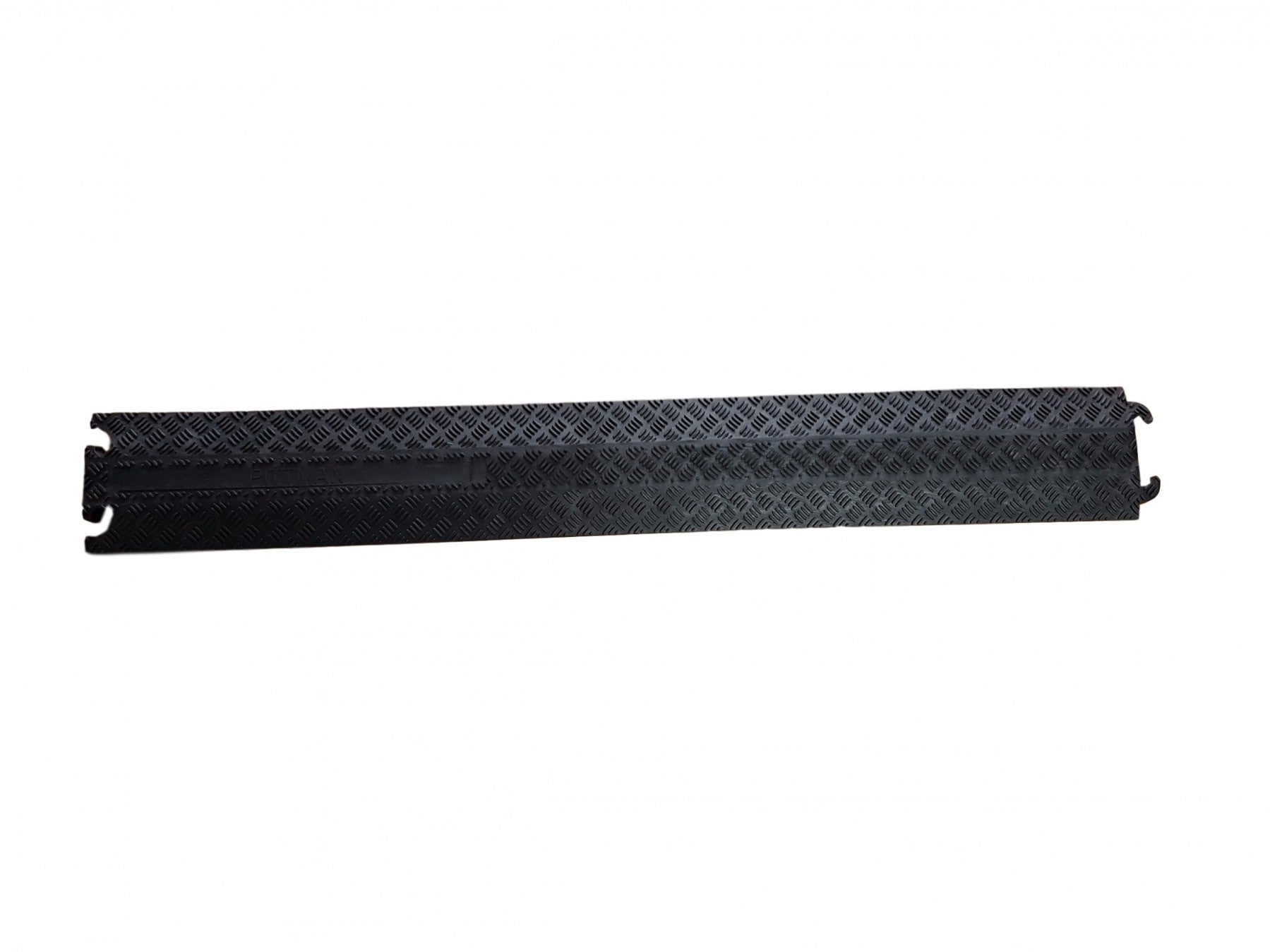
GHP Cable Tidy - Protection Ramp Indoor 1M
Sale price€18.00ex VAT
Our Go To Cable Protector For Power Cables
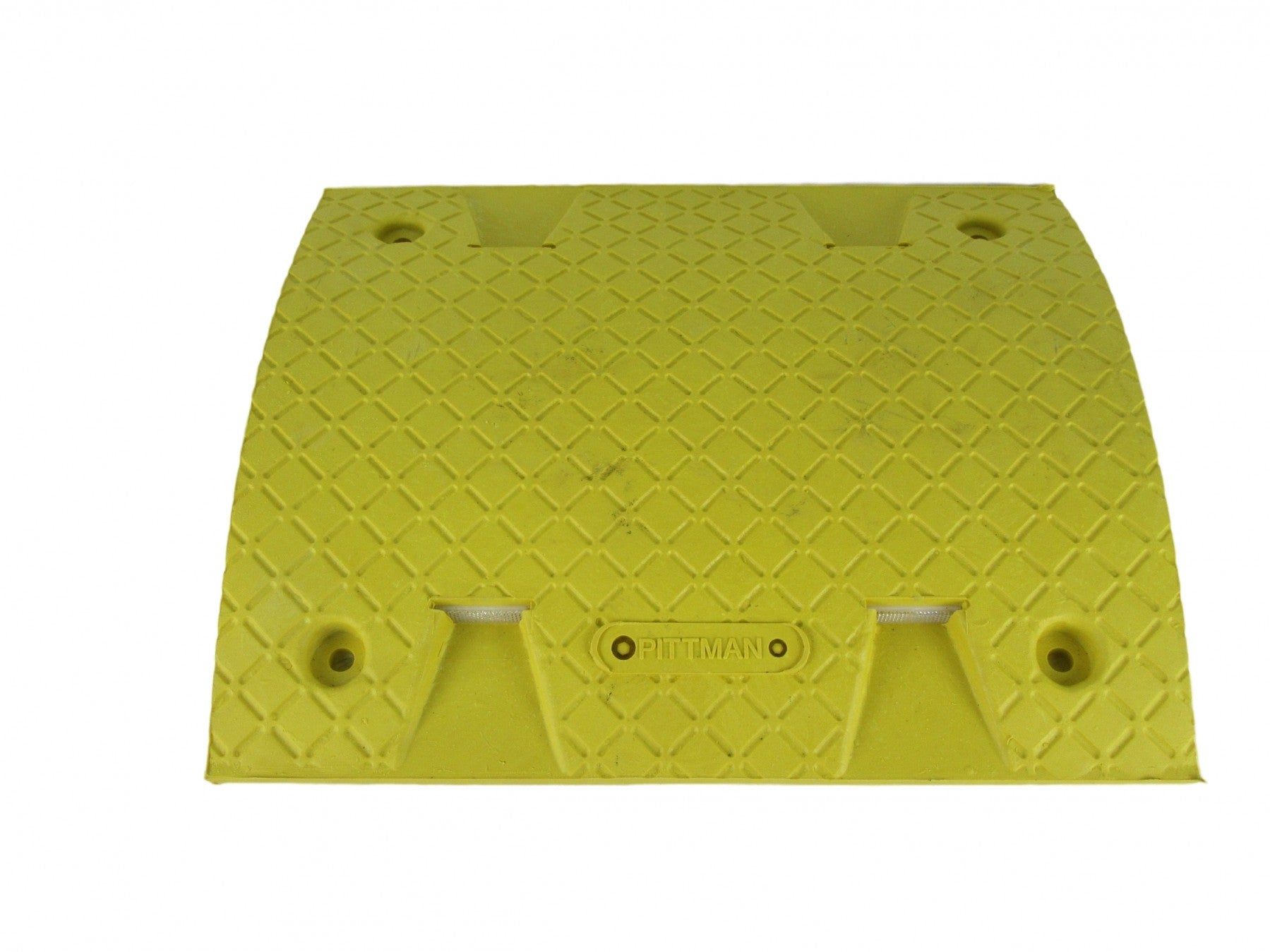
50mm Premium Speed Ramp Centre Section (Yellow)
Sale price€28.00
Regular price€35.00ex VAT
Tough Ramps for Safer Roads
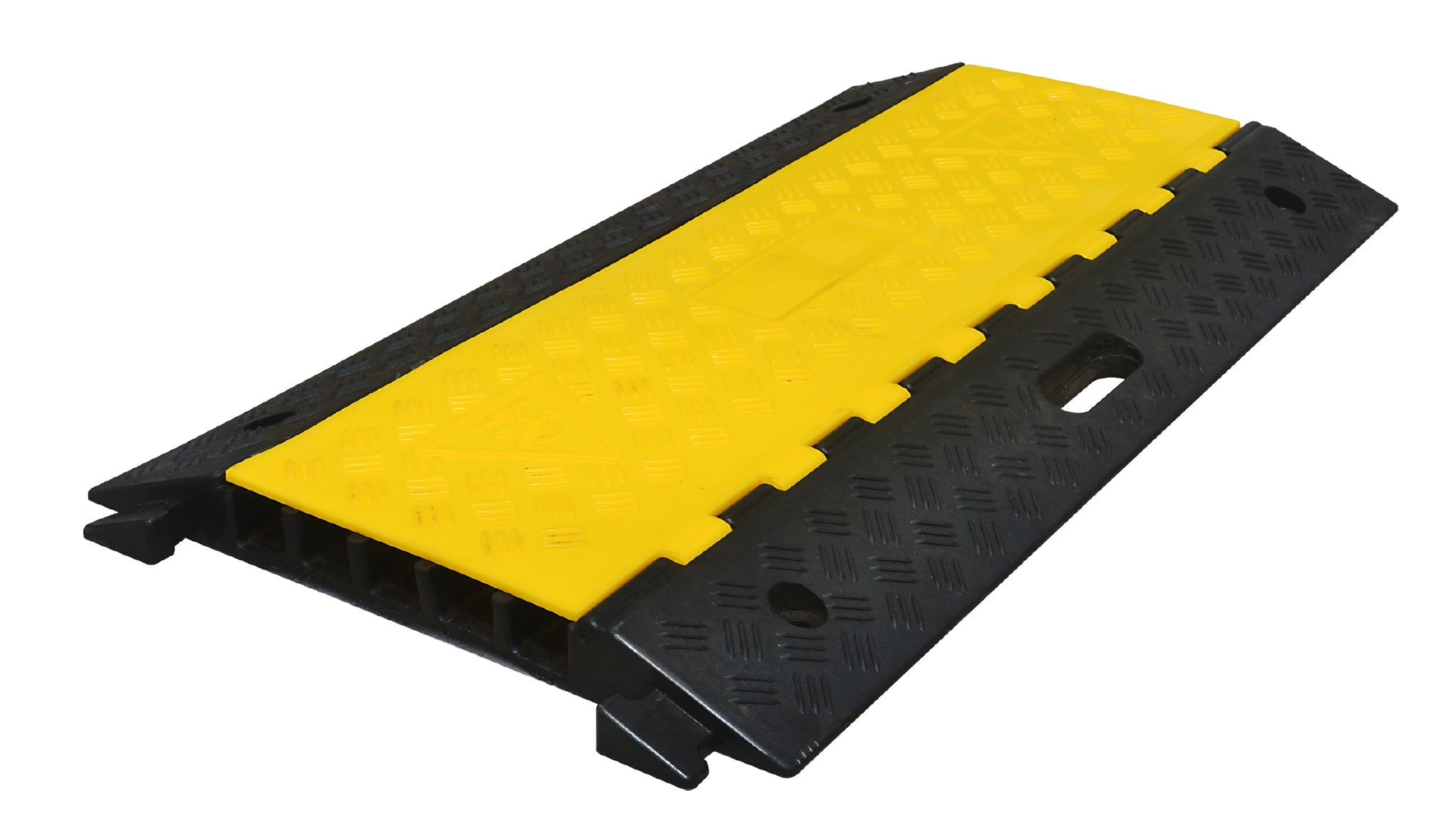
Cable/Hose Protection Ramp - 5 Channel
Sale price€92.00ex VAT
Protects up to 5 Cables from HGV Traffic






